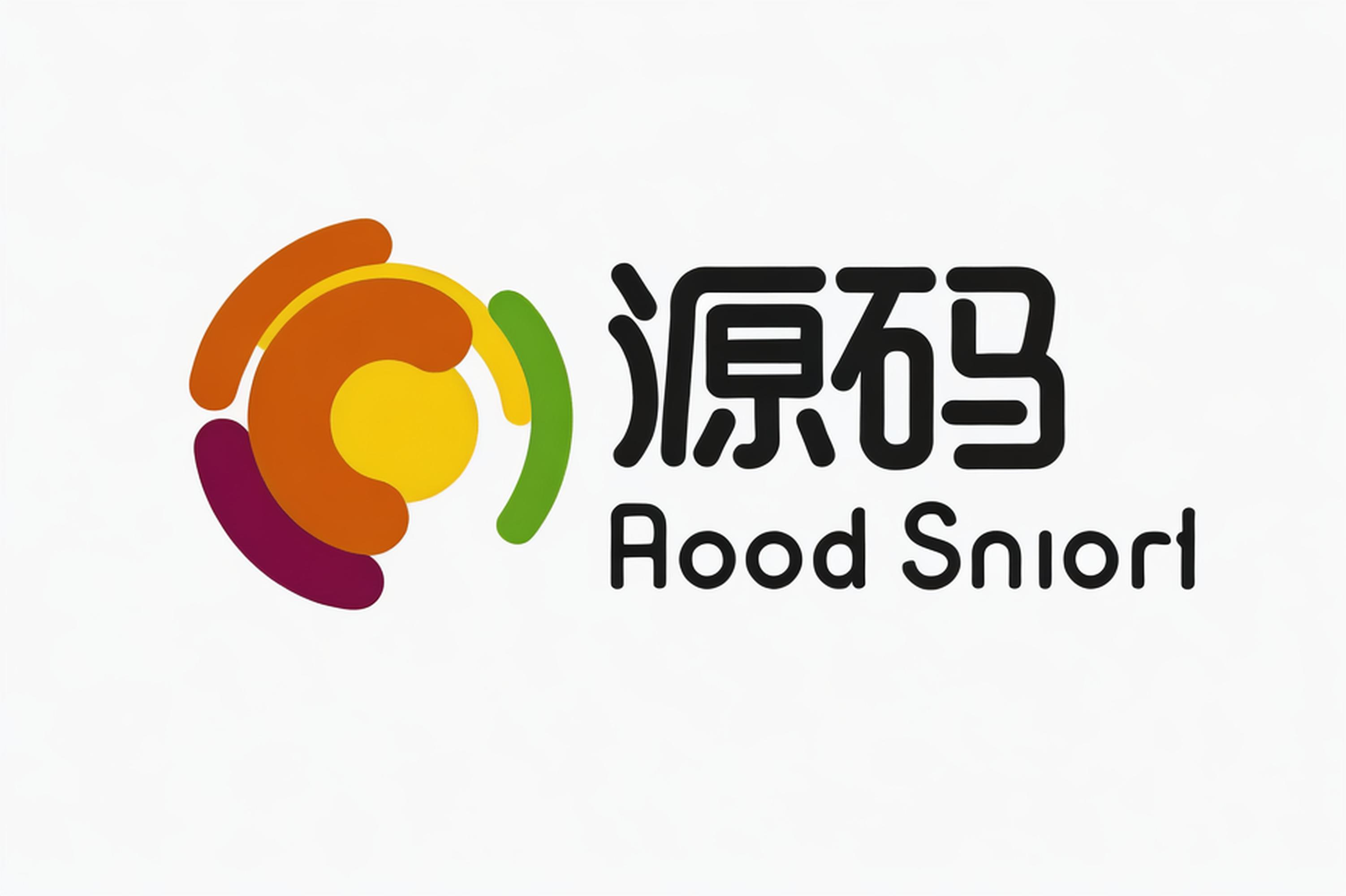在现代前端开发中,数据的高效渲染是一个常见且重要的挑战。尤其是在处理大量数据时,如何保证页面的流畅体验,显得尤为重要。今天,我们将详细解析如何高效渲染十万条数据,提供多种优化方案和实战技巧,助你突破前端性能瓶颈,提升应用体验。
一、为什么大数据渲染会导致性能问题?
在前端开发中,大量数据的渲染会导致页面DOM元素过多,从而增加浏览器的重排(Reflow)和重绘(Repaint)次数,导致页面卡顿、响应慢等性能问题。
二、高效渲染大数据的几种常见方法
为了高效地渲染大量数据,我们可以结合多种技术手段,如虚拟列表(Virtual List)、分页(Pagination)加载和懒加载等。
1. 虚拟列表(Virtual List)
虚拟列表通过仅渲染可视区域内的元素,大幅减少DOM节点数,从而提升渲染性能。Vue中可以使用第三方库vue-virtual-scroll-list来实现这一机制。
实现步骤:
**安装vue-virtual-scroll-list**:
npm install vue-virtual-scroll-list
使用虚拟列表组件:
<template>
<div id="app">
<virtual-list
:size="30"
:remain="10"
:item-count="items.length"
:item="ItemComponent"
item-key="id"
/>
</div>
</template>
<script>
import VirtualList from 'vue-virtual-scroll-list';
import ItemComponent from './ItemComponent.vue';
export default {
components: {
VirtualList,
ItemComponent
},
data() {
return {
items: Array.from({ length: 100000 }, (_, id) => ({ id, text: `Item ${id}` }))
};
}
};
</script>2. 分页加载(Pagination)
分页加载通过将数据分成多页显示,用户需要切换页面来查看更多数据,有效避免一次性渲染大量数据导致性能问题。
实现步骤:
设计分页数据结构:
data() {
return {
currentPage: 1,
itemsPerPage: 100,
items: Array.from({ length: 100000 }, (_, id) => ({ id, text: `Item ${id}` }))
};
},
computed: {
pagedItems() {
const start = (this.currentPage - 1) * this.itemsPerPage;
const end = start + this.itemsPerPage;
return this.items.slice(start, end);
}
}添加分页控制:
<template>
<div>
<ul>
<li v-for="item in pagedItems" :key="item.id">{{ item.text }}</li>
</ul>
<button @click="prevPage" :disabled="currentPage === 1">Previous</button>
<button @click="nextPage" :disabled="currentPage === totalPage">Next</button>
</div>
</template>
<script>
export default {
data() {
return {
currentPage: 1,
itemsPerPage: 100,
items: Array.from({ length: 100000 }, (_, id) => ({ id, text: `Item ${id}` }))
};
},
computed: {
pagedItems() {
const start = (this.currentPage - 1) * this.itemsPerPage;
const end = start + this.itemsPerPage;
return this.items.slice(start, end);
},
totalPage() {
return Math.ceil(this.items.length / this.itemsPerPage);
}
},
methods: {
prevPage() {
if (this.currentPage > 1) {
this.currentPage--;
}
},
nextPage() {
if (this.currentPage < this.totalPage) {
this.currentPage++;
}
}
}
};
</script>3. 懒加载(Lazy Loading)
懒加载通过用户滚动到视图底部时,动态加载更多数据,避免一次性加载所有数据造成的性能问题。
实现步骤:
添加滚动监听和加载更多数据:
<template>
<div @scroll="onScroll" ref="scrollContainer" style="height: 400px; overflow-y: auto;">
<ul>
<li v-for="item in visibleItems" :key="item.id">{{ item.text }}</li>
</ul>
</div>
</template>
<script>
export default {
data() {
return {
items: Array.from({ length: 100000 }, (_, id) => ({ id, text: `Item ${id}` })),
visibleItems: [],
increment: 100,
};
},
mounted() {
this.visibleItems = this.items.slice(0, this.increment);
},
methods: {
onScroll() {
const container = this.$refs.scrollContainer;
if (container.scrollTop + container.clientHeight >= container.scrollHeight) {
this.loadMore();
}
},
loadMore() {
if (this.visibleItems.length < this.items.length) {
const start = this.visibleItems.length;
const end = start + this.increment;
this.visibleItems = this.visibleItems.concat(this.items.slice(start, end));
}
}
}
};
</script>结论
通过本文的详细解析和示范代码,我们深入学习了几种高效渲染大量数据的方法,包括虚拟列表、分页加载和懒加载。掌握这些优化技巧,不仅能提升你的Vue应用性能,还能让你的用户体验变得更加流畅和高效。
优化大量数据的渲染,是每个前端开发者在现代应用中提升性能的重要技能。希望本文能为你带来实用的技术知识和实战经验,让你在开发过程中更加自信和高效。如果你觉得本文对你有帮助,请点赞分享,让更多人了解高效渲染大数据的方法。一起学习,共同进步!
来源:
互联网
本文观点不代表源码解析立场,不承担法律责任,文章及观点也不构成任何投资意见。

评论列表